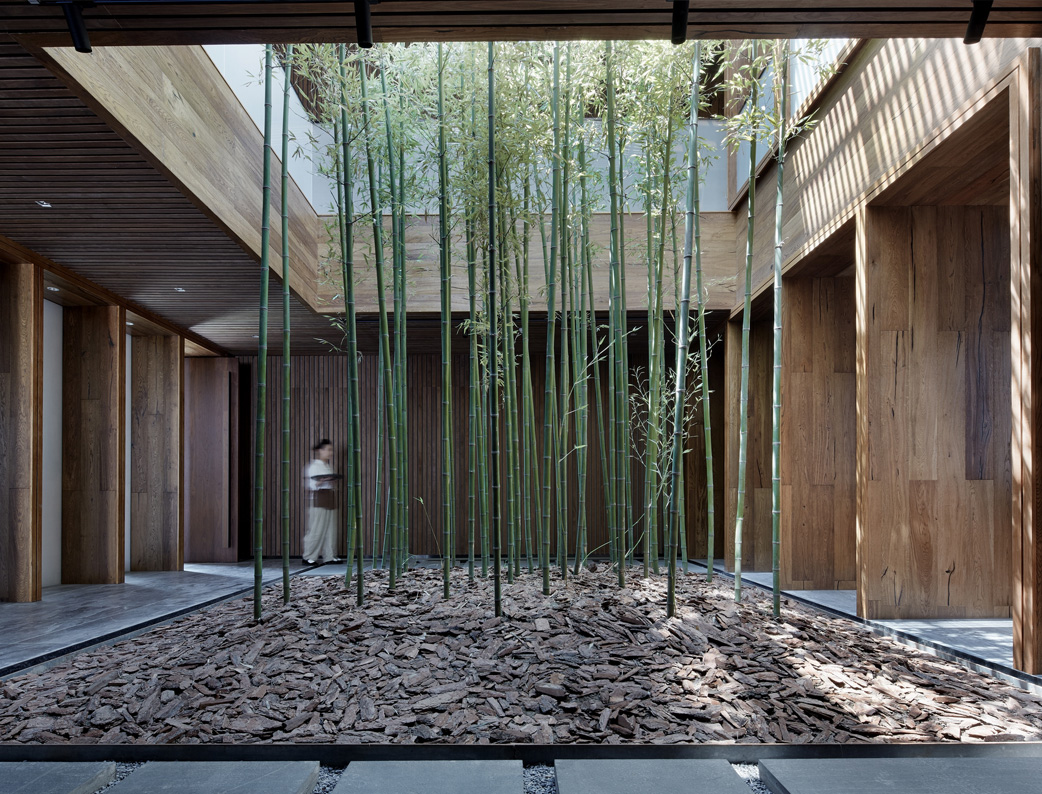Jurong Library-Jinke Branch
The Paradise Should be Like a Library
2021-11-05

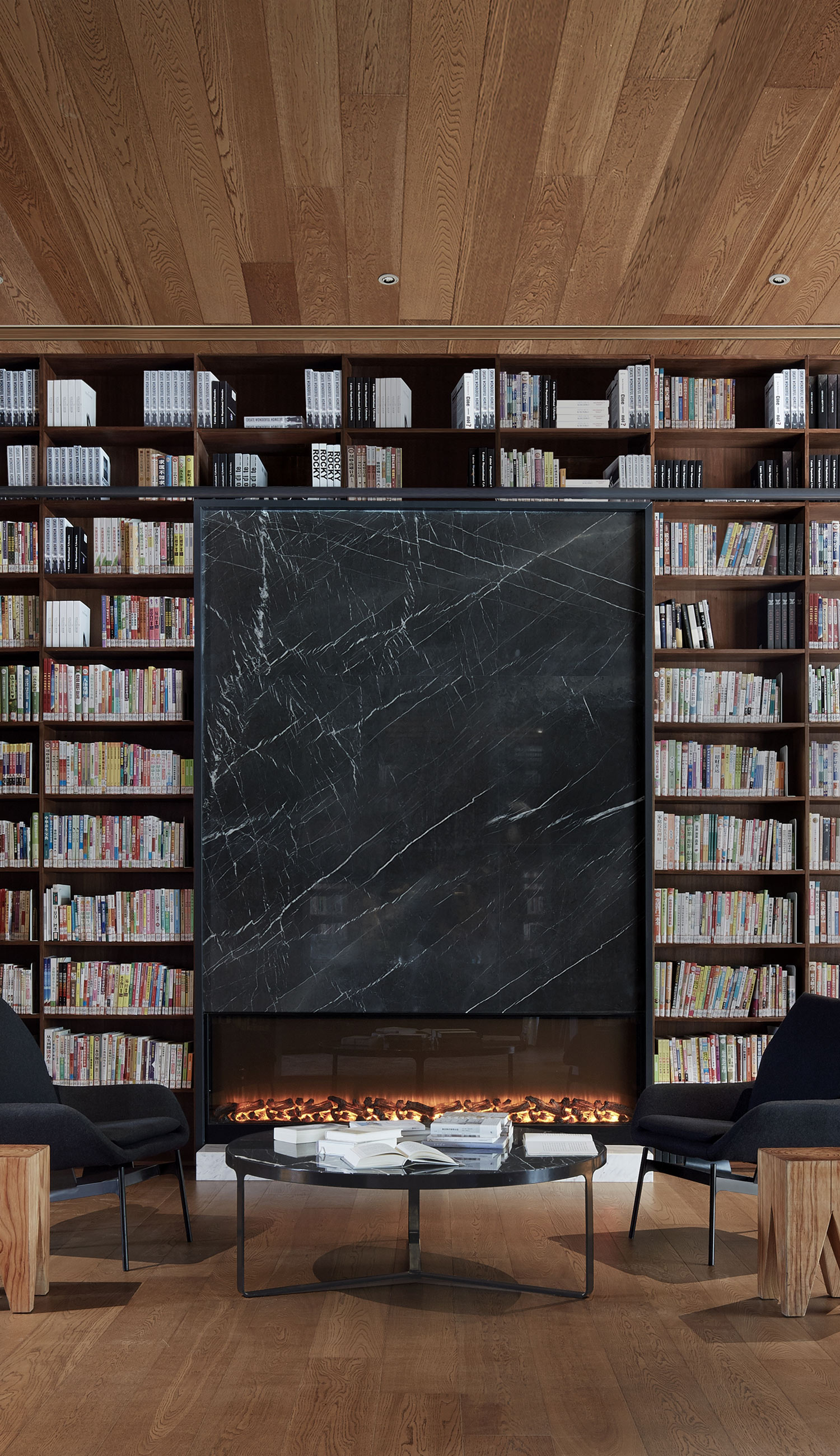
Jurong Library-Jinke Branch
The Paradise Should be Like a Library
Scope of services:Interior design
Project aress:China Jurong
Project area:300㎡
Project time:2017
2018 AMSTERDAM,NETHERLANDS INSIDE AWARD "SHORTLIST"
2018 AMERICA INTERIOR DESIGN BEST OF YEAR AWARD "HONOR AWARD"
2018 ITALY A’DESIGN AWARD COMPETITION "GOLDEN AWARD WINNER"
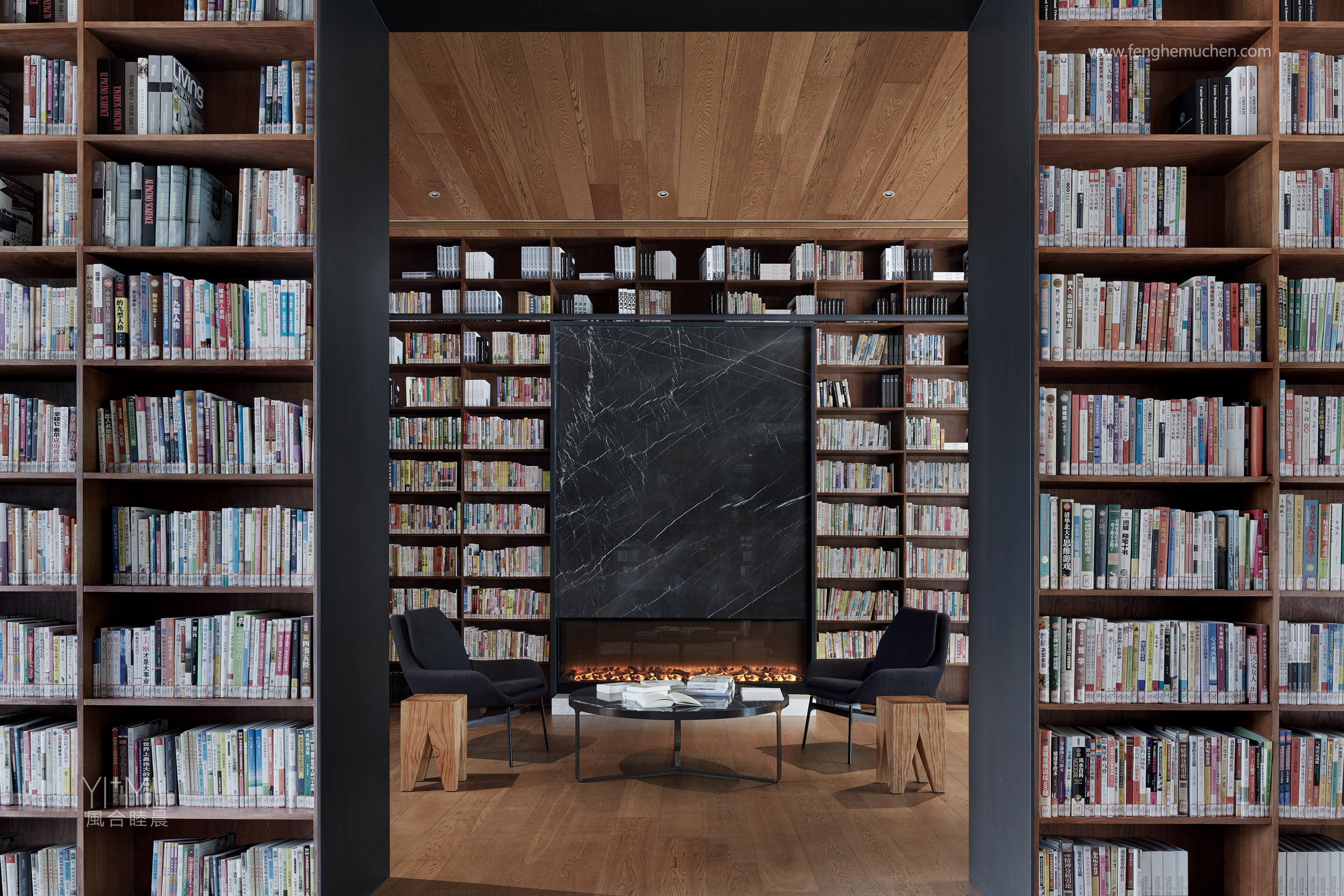
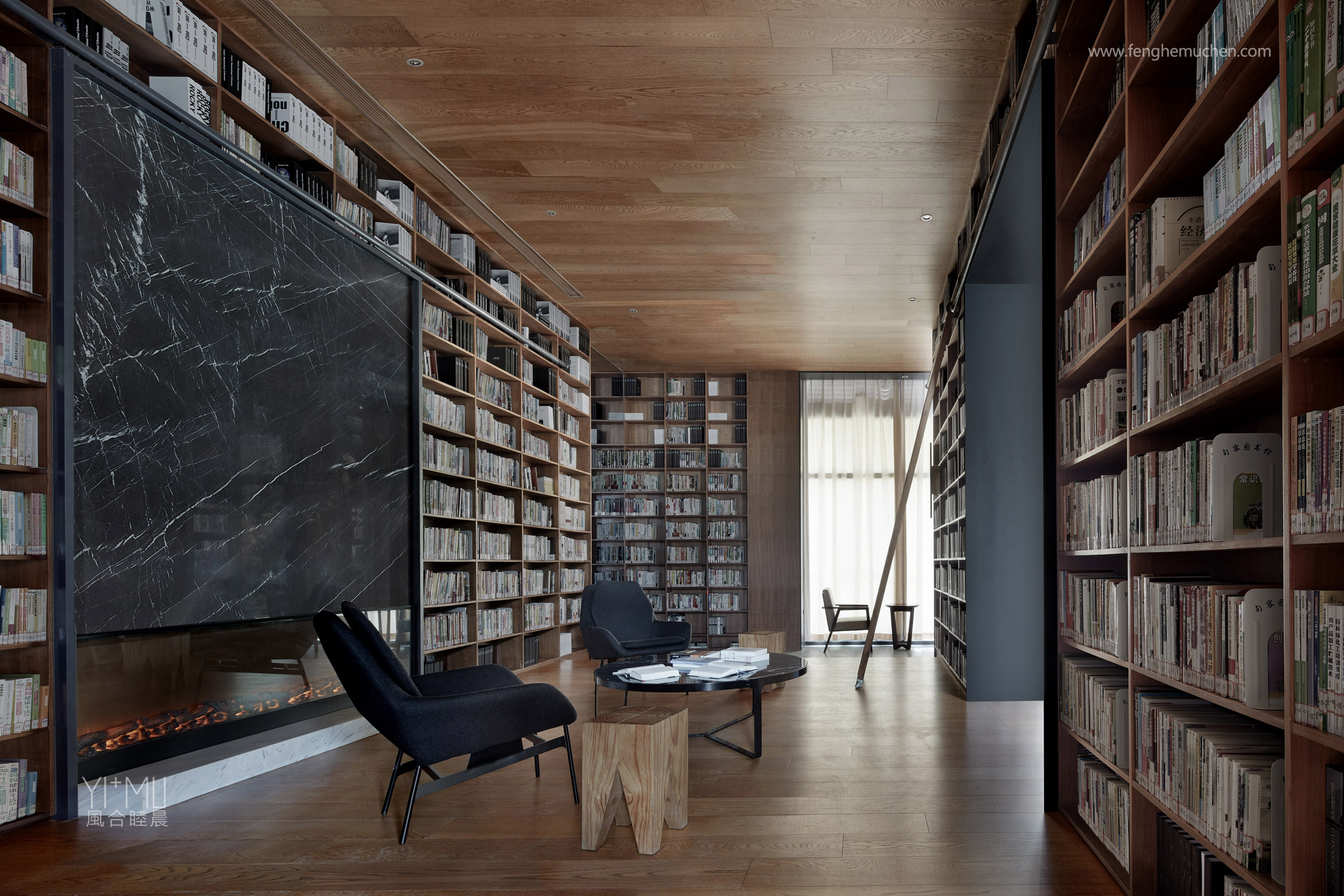
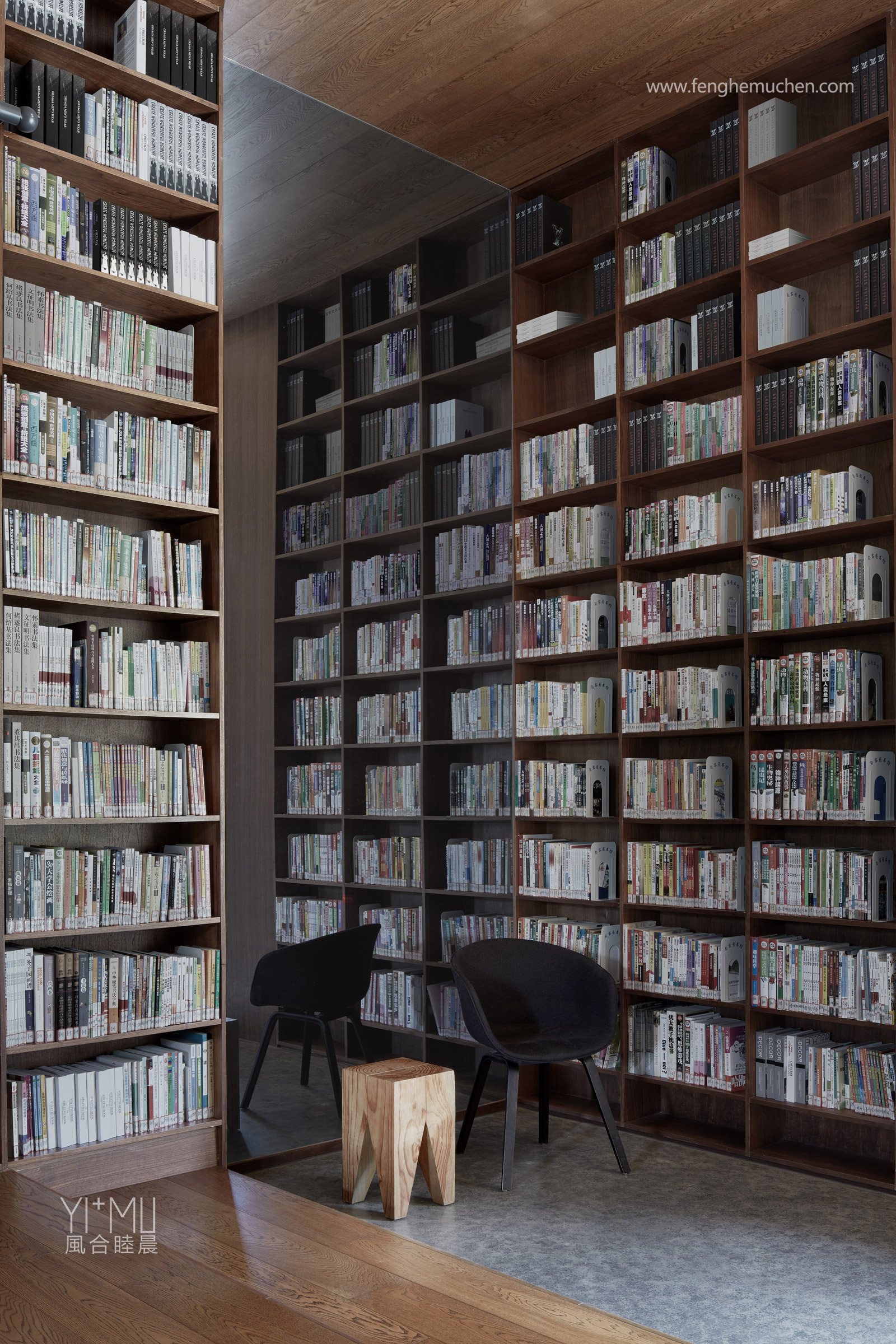
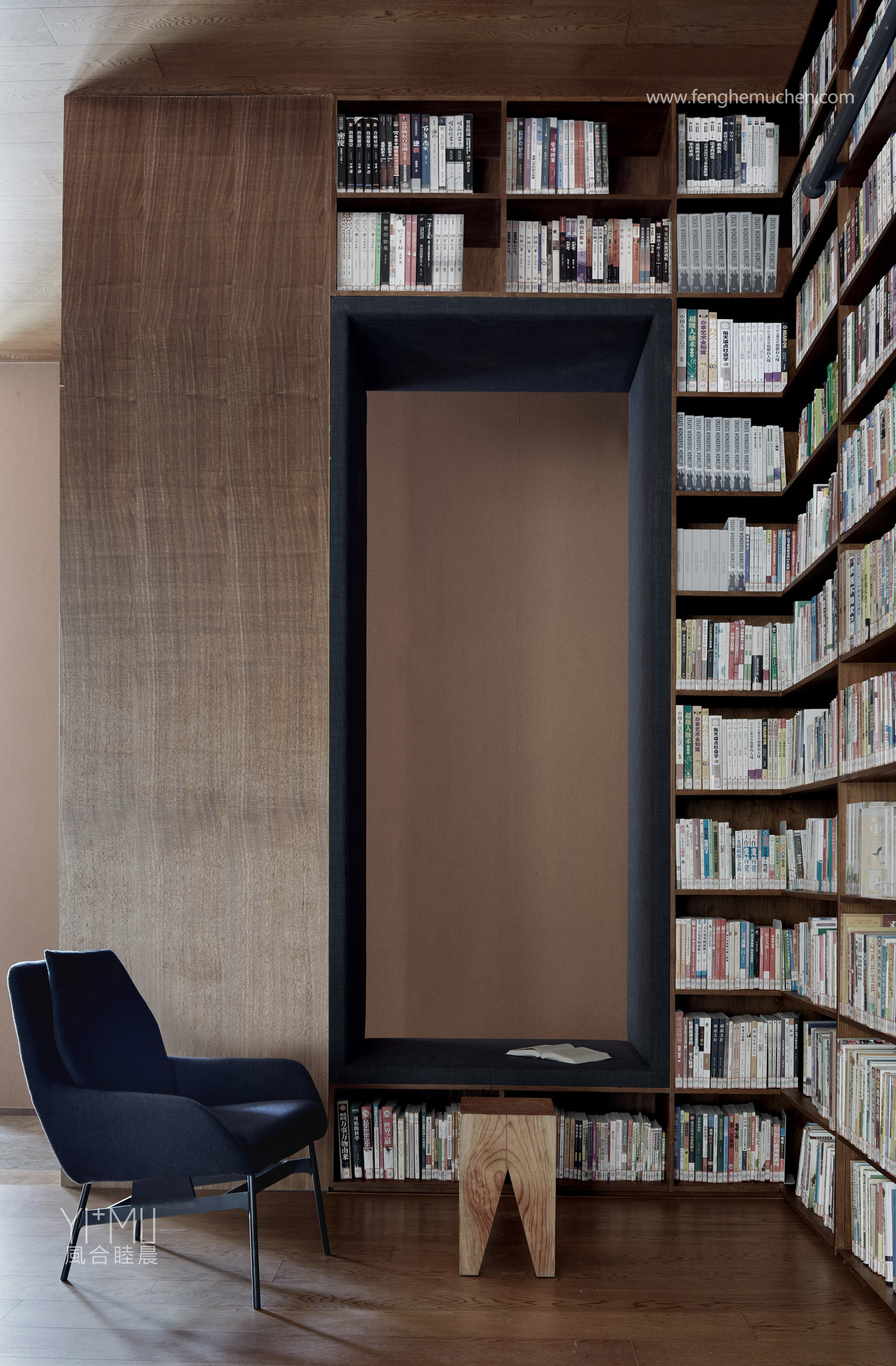



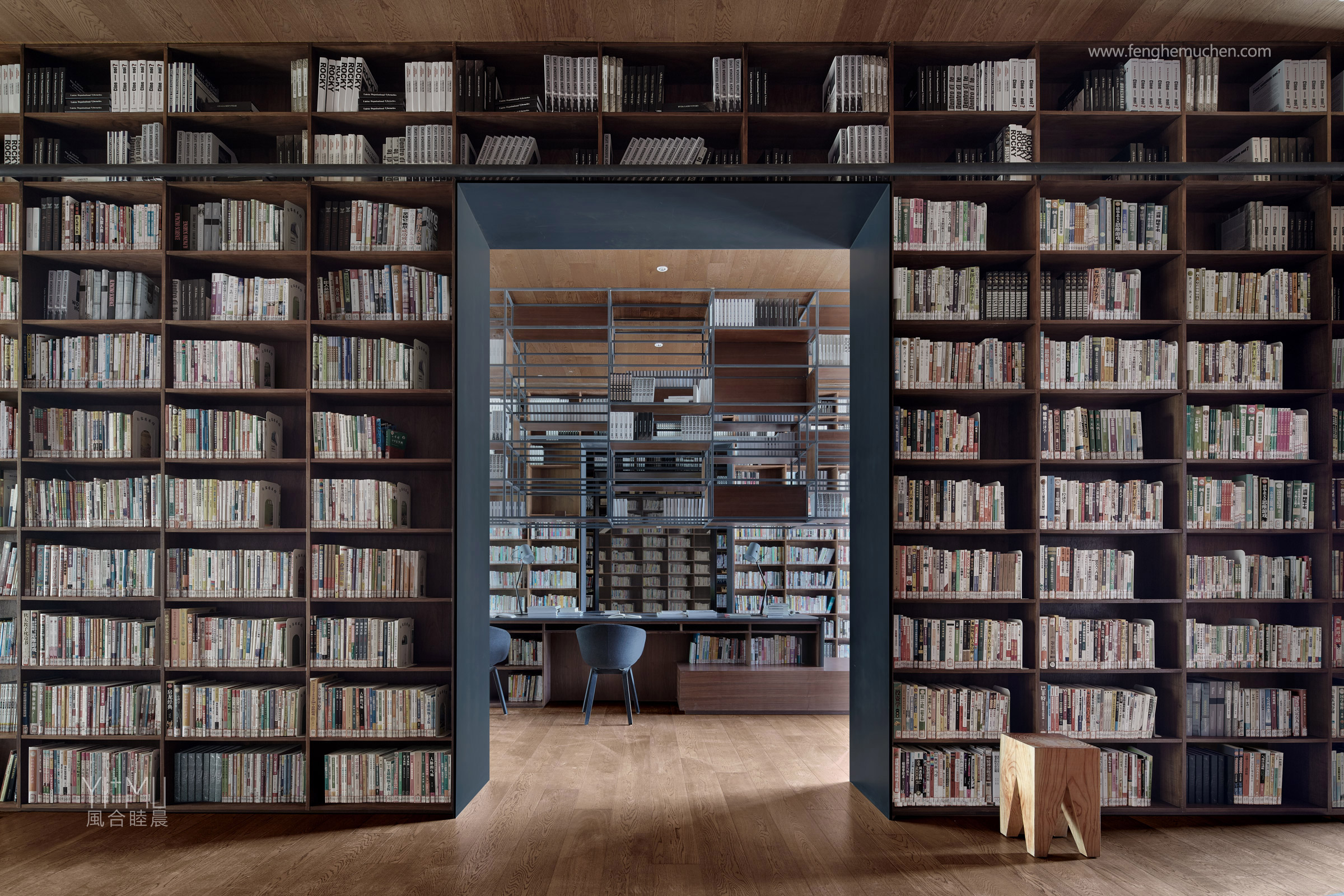

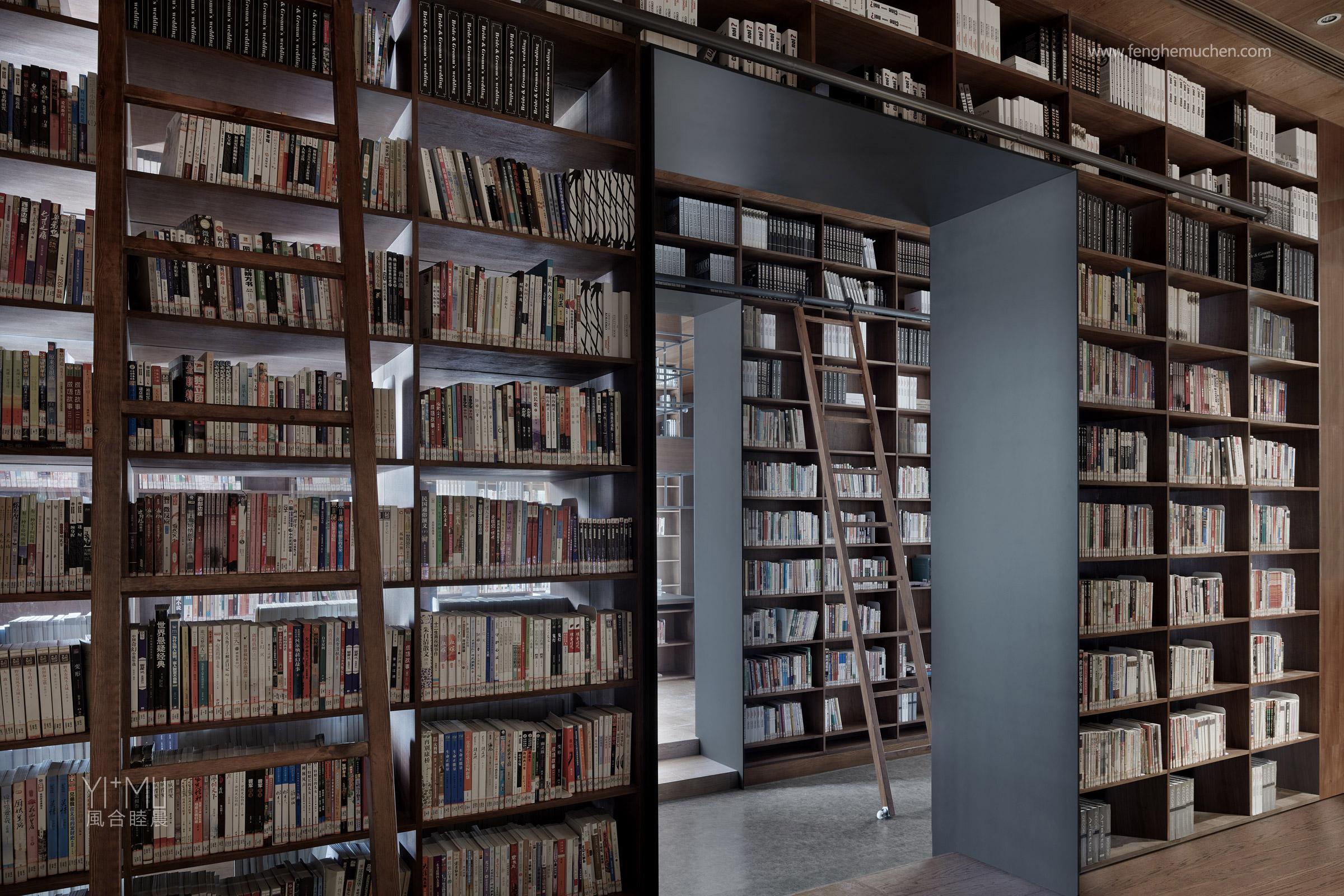

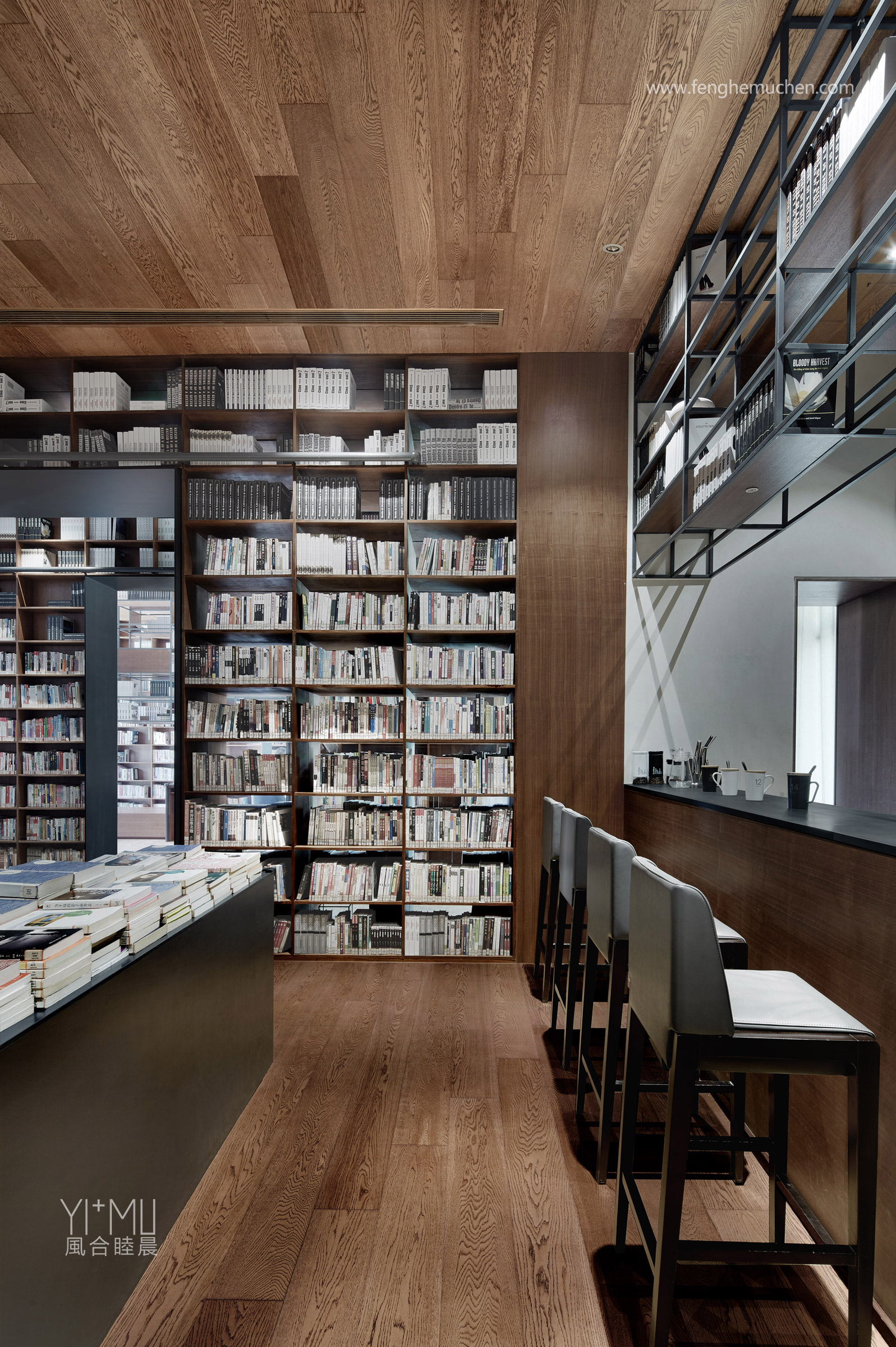
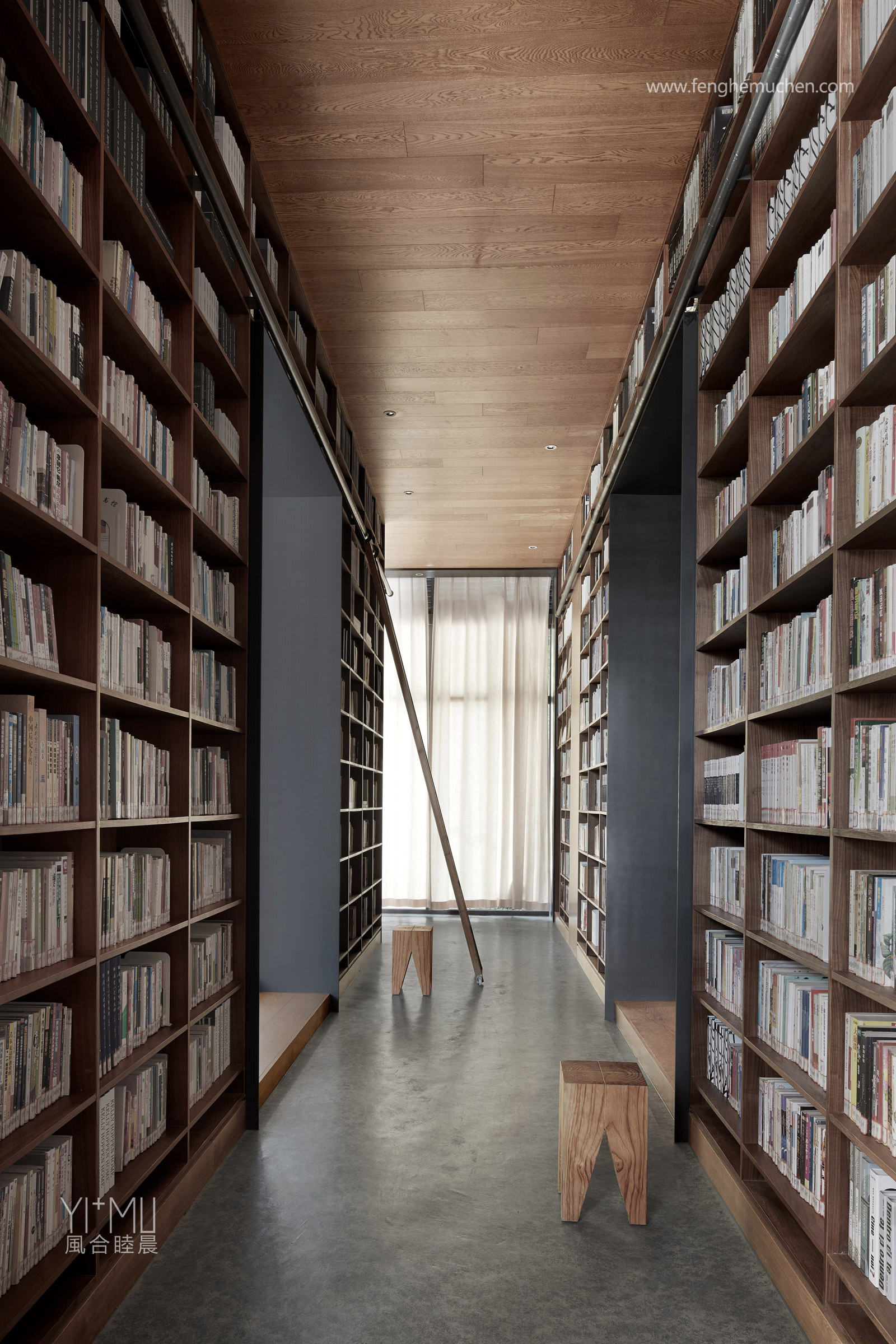
We can fall in love with a library for ten thousand reasons. Yet, our fascination with it is in no way comparable to the writer and poet Jorge Luis Borges’s understanding of the library in terms of profundity and breadth. “The God brings to me a boundless sea of books but a pair of sightless eyes. The blind library is lofty and deep, while I fiddle with the books, exhausted and without much fruit. Even though, I’ve secretly imagined that the Paradise should be like a library,” Borges so describes in the Poem of the Gifts. He almost lost his vision during the time when he was director of the National Library of Argentina. However, the misfortune endowed him with a special ability to understand and feel the world from his soul instead. God closed the eyes of his mortal being but opened those for his soul, which guided his sensitive heart to travel freely in the light of darkness.
“The library is a place with no boundary and an endless loop. If an eternal traveler goes through it from any direction, he will find the same books reappear without any particular order several centuries later. This beautiful hope has been a small consolation to my solitary heart.” In his eyes, the library is a labyrinth, a garden of forking paths, a profound universe. “The human body will diminish eventually, whereas the fruits of the heart – library – will live forever.” He concluded that the world is not unlike a book of circular loop that encompasses everything and has no beginning or ending. “The time itself forks to limitless futures.” Borges touches the essence of time, the order of the universe and the real library residing in human beings’ hearts with his sincerest feelings and profoundest perception.
The library represents the zenith of human beings’ spiritual pursuit while the heaven is the habitat where the soul craves to settle down. When looking up into the star-studded night and thinking about the vastness of the universe, we can’t help but asking ourselves: Can we see clearly this world around us even with a clear vision? Do we really have the ability to see the world as it is? When you stroll in the library packed with knowledge of the human beings and walk into the space-time created by all those books, knowledge and wisdom gleam like stars, giving out glaring lights. We long to be immortal and believe our wisdom can lead us to stride over the gate of immortality.
The proudness of human beings has been guiding us to build towers of babel, symbol of human wisdom on par with that of God, in different fields, and even in the field of spirit. However, King Solomon, who has been spending his whole life pursuing wisdom, sighs in the Ecclesiastes in his advanced years that “Meaningless! Meaningless! Utterly meaningless! Everything is meaningless.” He warns people that the pursuit for knowledge or happiness accounted to nothing, like a chasing after the wind. The labor under the sun and pursuit for wisdom, wealth, reputation, long life, power and status ended up in vain. It’s meaningless, bringing no satisfaction and having no end. The moment the meaning of living is challenged by death and appears illusory, the Tower of Babel built by human beings collapses. The library built with knowledge is like a wall, protecting us while confining us, opening up our mind while blinding our inner self. Knowledge and wisdom, though intended as a means for understanding the eternal truth, path and life, are written in the enormous volumes of books, which, as it turns out, bring chaos and confusion to human beings which are narrow-minded and vainglorious. This is like the blind leading the blind, and the result is the souls lost in the vast wilderness, like those lost in the labyrinth of books as described by Borges.
The wind blows with the meaning. You hear the sound of the wind, but without a clue where it comes from or will go. The call of the God is like a faint sound that surfaces from the emptiness of the heart when the world is quite and you are enlightened to connect with God from the depth of your soul. That’s where the heaven is. The God, the almighty creator, is the source for thoughts and wisdom. All the living things of his creation exist for reason of his thoughts and wisdom. Thus, King Solomon wrote in the Proverbs, “The fear of lord is the beginning of wisdom.” Only when a blood bond is re-established between human beings’ lives and their Creator can any creations, the fruits of wisdom and thoughts, be properly benchmarked, and can there exists a possibility for finding out the path towards eternal truth and thus figuring out the eternal meaning given to any life at its creation.
Fenghemuchen hopes to pay tribute to the immortal God through this work. May his light pierce through this humble community library and enlighten the hearts of the readers, leading them to trace the real source of wisdom in the sea of books. We may have ten thousands reasons to turn away from and even rebel against him. Yet, as the night falls and the world is still and quite, the inquiries from the depth of our soul are resounding – Where do we come from? Who are we? Where are we going to?

